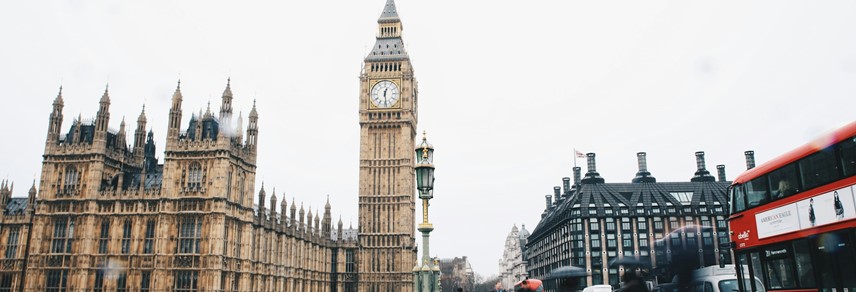
LOBBYING ACTIVITY FLIES UNDER RADAR
Legal exemptions provide loopholes for lobbying to hide from public view.
Fewer than four per cent of investigations into suspected unregistered lobbying activity have received civil penalties, according to a study by the Chartered Institute of Public Relations (CIPR).
In a report published last month, the trade body found that, in the last five years, only two civil penalties have been issued following investigations into suspected unregistered lobbying under the Lobbying Act.
According to the report, reasons for exemption cited in the 53 publicly available investigations include an absence of ‘registerable communication’ (44 per cent); VAT registration (20 per cent) and no payment made to those making communications on behalf of a third party (18 per cent). In six per cent of investigations, those lobbying were exempt due to being in-house employees. Launched in 2014, the Lobbying Act obliges consultant lobbyists to register correspondence with members of government under the UK’s watchdog, the Office of the Registrar of Consultant Lobbyists (ORCL).
CIPR CEO, Alastair McCapra, said such exemptions make the ORCL powerless to stop lobbying scandals. “We were told when the Lobbying Act was introduced that it would shine a light of transparency on UK politics, but our research reveals conclusively that it actually keeps the vast majority of lobbying from public view.
“We’re essentially sending the regulator to the ring with both its hands tied behind its back.”
“Because of the limitations of the Lobbying Act, in too many cases investigations into confirmed lobbying activity, including that of David Cameron and Owen Paterson, require no transparency,” he continued, adding that the new government will have to better equip the ORCL and reform UK lobbying laws to restore public trust.


